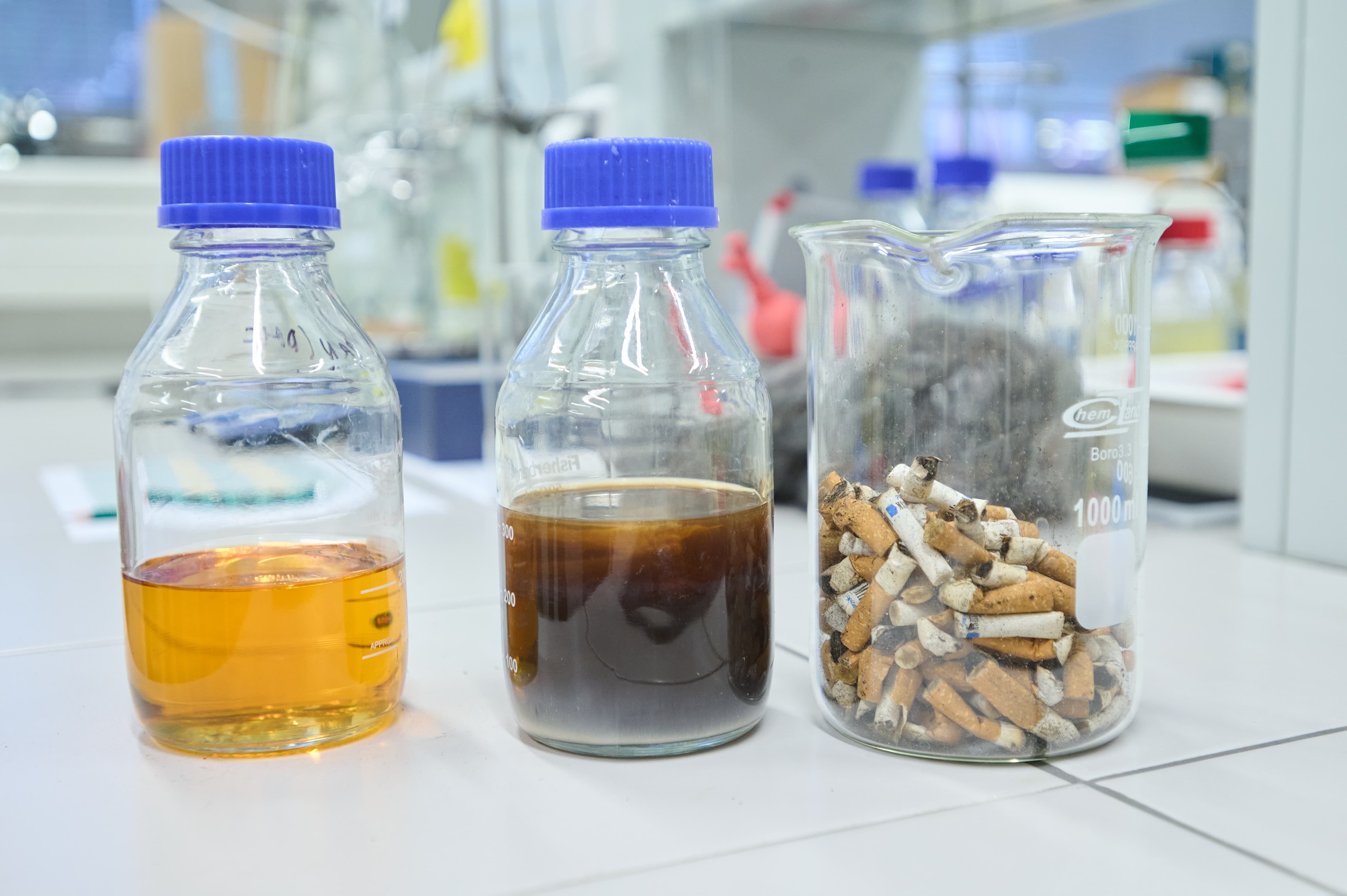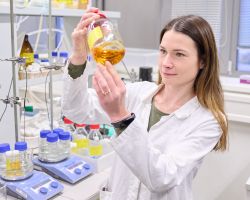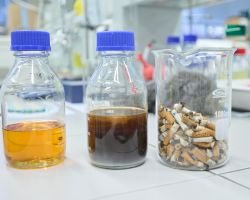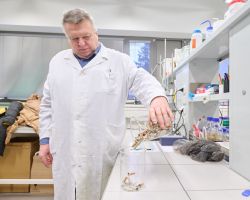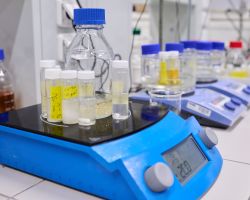Nanotechnology using cigarette butts to help remove hormones from wastewater
Zlín, 19 January 2023 – Cosmetic products, cleaning products, industrial production or hormonal contraceptives: This is where pollutants and hormone residues enter the wastewater. Their quantity is constantly increasing and therefore their presence must be eliminated, not only in drinking water but also in sources of natural water.
These hormones have been shown to cause hormonal imbalances, metabolic, reproductive and psychological disorders, high blood pressure and a host of other diseases in humans. In aquatic organisms, the pollution can manifest itself, for example, in visual impairment, chronic toxicity or reproductive changes that can lead to infertility and adverse physiological modifications. Scientists from the Centre of Polymer Systems (CPS) at Tomas Bata University (TBU) in Zlín are looking for a way to remove estrogenic hormones from water.
“Cellulose derivatives are widely used in many applications. We have found that some of them can capture unwanted substances from water – residual hormones included. Coincidentally, the chemical composition is the same as that used to make cigarette filters. It is reported that cigarette filters account for a significant portion of the waste found in seas and oceans, and each of us, unfortunately, encounters discarded cigarette butts on the streets every day. This led us to the idea of exploring the use of this waste material,” describes prof. Vladimír Sedlařík, Director of the Centre of Polymer Systems. This way Zlín scientists have come up with an idea for how to use these cigarette filters subsequently. “We are developing polymer nanofibres prepared from cellulose acetate, a polymer sourced by recycling cigarette butts. These nanofibers can trap very small particles, including hormones, during water filtration,” says Muhammad Yasir, M.Sc, who also addressed this issue in his dissertation under the supervision of prof. Sedlařík. “In addition, current results show that the sorption capacity of recycled cellulose acetate obtained from cigarettes is comparable to pure cellulose acetate,” adds Dr. Yasir.
In the future, the project will focus on improving the technological process of capturing hormones from water. “One option is to treat the sorbents using a process referred to as photocatalysis, where the trapped pollutants would be broken down by the action of light,” explains project co-investigator Ing. Dušan Kimmer, CSc. “During his studies, my colleague Muhammad Yasir published seven papers in prestigious scientific journals and his results were presented at five international conferences, which is a great achievement. In addition, we followed up the theoretical outputs with a project in collaboration with an industrial partner, which is an ideal example of the use of research results in the field,” adds prof. Vladimír Sedlařík



